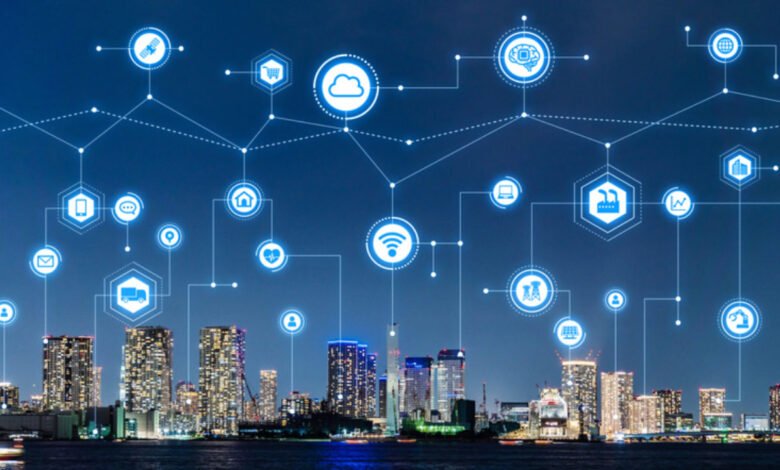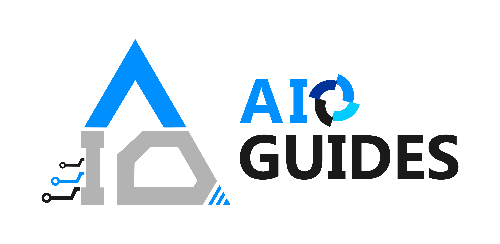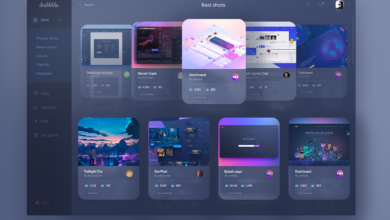Internet of Things Cloud Services: Data Management

Introduction to Internet of Things Cloud Services
The Internet of Things Cloud Services are revolutionizing our interaction with the digital planet. These benefits deliver a forum for interconnected machines, from elegant home machines to industrial detectors, to transmit and process data over the shadow. The development of IoT Cloud Services is denoted by growing complexity and a priority on protection, scalability, and comfort of use.

Understanding the Internet of Things Cloud Services
Internet of Things Cloud Services works through hardware and software features, including detectors, connectivity, data processing, and user interface techniques. These benefits encourage machines to send data to the shadow, which can be accumulated, analyzed and functioned upon in real-time.
Benefits of IoT Cloud Services
One of the immediate benefits of IoT Cloud Services is their scalability and flexibility, letting users add or subtract instruments without substantial infrastructure changes. Improved security elements are also a key advantage, as they help rescue exposed data shipped across the web. Additionally, these services offer avant-garde data leadership and analytics capacities, helping interactions and customers make educated judgments based on real-time data.
IoT Cloud Service Providers
The market has several leading IoT Cloud Service providers offering unique features and benefits. A comparative analysis helps users understand which service best suits their needs.
Implementing IoT Cloud Services in Various Industries
Internet of Things Cloud Services have found applications in various sectors. In smart home technology they enable efficient energy management and enhanced security. In healthcare, they assist in patient monitoring and data analysis. The manufacturing sector uses IoT for predictive maintenance and supply chain optimization, while agriculture benefits from precision farming techniques.
Challenges in IoT Cloud Services
Despite their benefits, IoT Cloud Services face several challenges, including safety problems, loneliness, and the need for integration and compatibility with living designs.
Future of IoT Cloud Services
The future of IoT Cloud Services is poised for expansive metamorphosis, driven by advances in synthetic intellect and machine learning, which will allow more intelligent, more independent device interactions. As 5G technology evolves more generally, it will improve the speed and efficiency of IoT cloud-based contacts, extending new opportunities for real-time data processing and analytics. Again, there will be a more effective force on safety and solitude enhancements, providing safer and more dependable connectivity for the ever-growing web of IoT gadgets.
Case Studies
Case studies in IoT Cloud Services demonstrate diverse and impactful applications, such as smart city initiatives that optimize traffic flow and energy usage, improving urban living. In healthcare, IoT cloud-based solutions have enabled remote patient monitoring, significantly enhancing patient care and health data management. Industrial IoT case studies reveal how predictive maintenance and real-time supply chain tracking have revolutionized manufacturing processes, reducing downtime and increasing efficiency.
Choosing the Right IoT Cloud Service
Selecting the right IoT Cloud Service requires careful consideration of several factors, including security, scalability, and specific industry needs.
How to Get Started with IoT Cloud Services
A step-by-step guide helps individuals and businesses begin their journey with IoT Cloud Services, covering everything from selecting a provider to deploying devices.
Best Practices in Using IoT Cloud Services
This province presents valuable advice and plans for maximizing the benefits of IoT Cloud Services and ensuring efficient and secure operations.
Cost Analysis of IoT Cloud Services
Cost analysis of IoT Cloud Services reveals a varied landscape where long-term savings in operational efficiency and maintenance balance initial investments in infrastructure and device connectivity. Subscription-based models and scalable solutions allow businesses of all sizes to adopt IoT services without substantial upfront costs.
Regulatory and Compliance Considerations
Regulatory and compliance considerations for Internet of Things Cloud Services are crucial, involving adherence to data protection laws like GDPR and industry-specific regulations to ensure user privacy and data security. Businesses must navigate a complex landscape of international standards and local laws, which can vary significantly depending on the geographical location and application of the IoT service.

User Experiences with IoT Cloud Services
User experiences with IoT Cloud Services generally reflect high satisfaction due to the convenience and efficiency these services bring to personal and professional settings. Feedback often highlights the ease of remote monitoring and control of devices and the actionable insights gained from real-time data analytics.
Conclusion and Future Outlook
In conclusion, the Internet of Things Cloud Services is changing different initiatives and daily life, delivering improved efficiency, connectivity, and data-driven decision-making. The perspective is favorable, with technological advances desired to facilitate other and connect IoT grids. As adoption evolves, ongoing creation in this meadow will be a viable guide to better worldly, user-friendly, and environmentally tolerable IoT resolutions.
FAQs of Internet of Things Cloud Services: Data Management
How do IoT Cloud Services enhance operational efficiency?
By providing real-time data research and slight control capabilities, IoT Cloud Services help businesses and individuals optimize operations, reduce downtime, and make informed judgments quickly, improving prevailing efficiency.
What security threats are associated with IoT Cloud Services, and how are they mitigated?
Safety risks include data violations and unauthorized entrance. These are mitigated through rich encryption, recurring deposit updates, and compliance with unyielding information protection rules.
Can IoT Cloud Services be integrated with existing business systems?
Yes, most IoT Cloud Services are designed for compatibility and can be integrated with existing business strategies, qualifying for seamless data discharge and research across various media.
How do IoT Cloud Services impact consumer products?
Internet of Things Cloud Services: Data ManagementHow Do You Like Our Post
0






